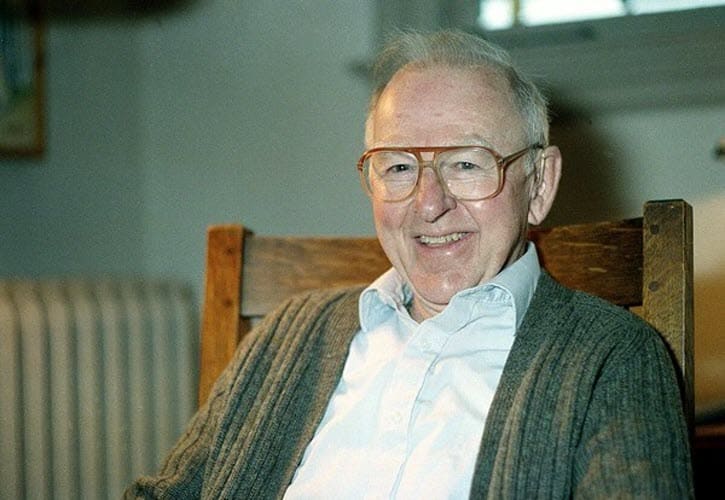Edwin G. Krebs (6 June 1918 – 21 December 2009) was an American biochemist. He was awarded the Nobel Prize in Physiology or Medicine in 1992.
Life and Career
He was born on 6 June 1918, in Lansing, Iowa, United States. He pursued his education at the University of Illinois, where he obtained his bachelor’s degree in 1939. He then went on to earn his medical degree from Washington University School of Medicine in St. Louis in 1943. Following his medical studies, Krebs served as a physician in the United States Army during World War II.
After the war, Krebs developed a keen interest in research and joined the laboratory of Carl Ferdinand Cori at the Washington University School of Medicine. Under Cori’s guidance, he focused on studying the role of phosphate metabolism in muscle contraction. Together, they made groundbreaking discoveries related to the regulation of glycogen metabolism and the enzyme glycogen phosphorylase.
In 1953, Krebs moved to the University of Washington in Seattle, where he became a professor of biochemistry. It was during his time there that he made his most notable contribution to science. Alongside his colleague, Edmond H. Fischer, Krebs discovered and elucidated the biochemical process known as reversible protein phosphorylation. This process involves the addition and removal of phosphate groups to proteins, which plays a crucial role in cellular signal transduction.
Their groundbreaking work laid the foundation for understanding how cells communicate and regulate their activities through complex signaling pathways.
He died on 21 December 2009, in Seattle, Washington, United States.
Award and Legacy
He was awarded the Nobel Prize in Physiology or Medicine in 1992, jointly with his colleague Edmond H. Fischer, for his groundbreaking contributions to the field of biochemistry.
His pioneering research in the field of signal transduction has revolutionized our understanding of cellular communication and has had a profound impact on numerous areas of biomedical research. Krebs’ work continues to inspire future generations of scientists and remains a cornerstone of modern biochemistry.

